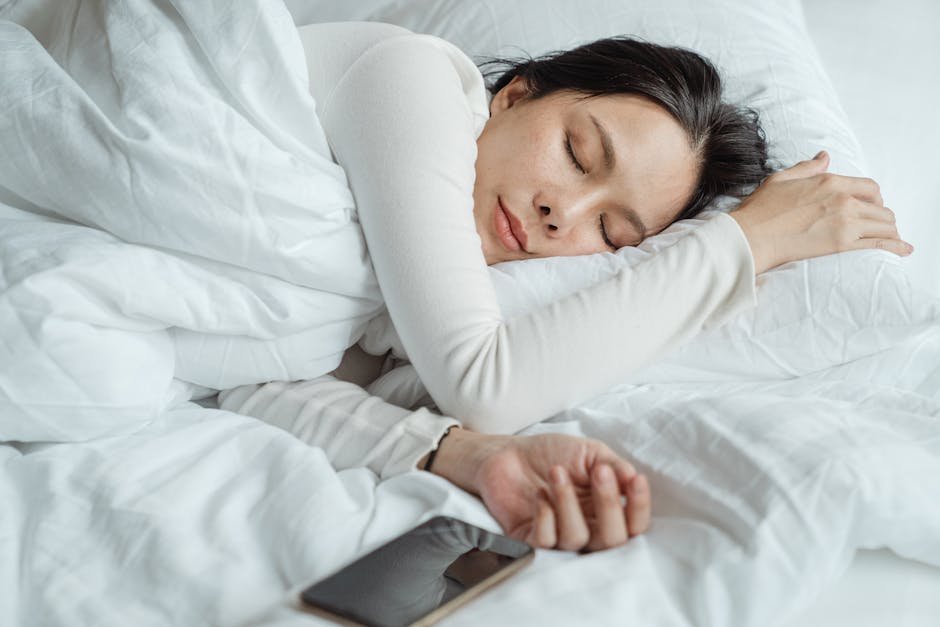Melatonin is a natural hormone essential for regulating sleep. Known as the “sleep hormone”, it has gained prominence as a food supplement for those who suffer from insomnia or sleep disorders. But after all, melatonin what is it for? In this article, we will explain what melatonin is, its effects on the body, how to use it safely, possible side effects and what ANVISA says. Keep reading to understand the benefits and how to take correctly this important compound.
Summary
Explanatory video about the benefits of melatonin:
What is melatonin and how does it work in the body?
THE melatonin is a substance produced naturally by pineal gland, located in the brain. It is released mainly at night and regulates the cycle circadian, known as the biological rhythm of sleep and wakefulness. The melatonin production increases with darkness and decreases with light, signaling to the body that it is time to sleep.
THE melatonin is a hormone produced naturally, and is responsible for indicating to the body the best time to start resting. Changing your sleep routine, exposure to light or excessive use of electronics can interfere with your natural production.
How does melatonin regulate sleep and circadian rhythm?
THE circadian rhythm is controlled by melatonin release, which begins minutes before sleep. This biological process synchronizes the body with the light-dark cycle of the environment. When it is dark, the body is biologically programmed to release melatonin, promoting a feeling of drowsiness.

This regulation helps to maintain the sleep quality, allowing for restful rest. People with sleep disorders usually present change in melatonin production, which affects the natural sleep-wake cycle.
What is melatonin used for besides sleep?
Although known as the sleep hormone, the melatonin can also be beneficial for other functions of the body. It has an action antioxidant, helping to protect cells against free radicals. Studies suggest that melatonin may help regulate blood pressure and eye health.
THE melatonin is recommended by doctors in cases of jet lag, for night shift workers and in some treatments neurological disorder. It is also studied for its potential in treatments against premature aging and in strengthening the immune system.
Is melatonin safe? What are the side effects?
THE melatonin can be consumed safely, as long as the recommendations are followed. medical guidance. You melatonin side effects are usually mild and transient. The side effects The most common include drowsiness upon waking, dizziness, headache, and mood changes.
THE melatonin can cause drowsiness during the day if it is ingested at inappropriate times or in high doses. Therefore, it is important to know the best time to take.
Can melatonin be used as a dietary supplement?
Yes. Since 2021, the ANVISA authorized the sale of melatonin as a dietary supplement in Brazil. This means that the melatonin can be found in pharmacies, health food stores and regulated e-commerces.

THE national health surveillance agency established dosage limits and requirements for labeling and warnings. The melatonin is a supplement which must be used responsibly and always with medical guidance, especially by people with clinical conditions.
Is melatonin approved by ANVISA?
Yes. In October 2021, the ANVISA authorized the use of melatonin in Brazil as food supplement for those over 19 years of age. The decision was accompanied by clear rules for marketing, use and information on labels.
Despite the release, the melatonin is not a medicine, and yes a supplement. The melatonin is a substance produced naturally by the body and, therefore, its external use must imitate physiological functioning as much as possible.
What is the best way and time to take melatonin?
THE melatonin usually present a quick response, so it should be taken 30 to 60 minutes before bed. The most common form of presentation is in tablets or drops.
THE use of melatonin is recommended in the early evening, when the environment is dark, favoring the sleep regulation. Avoid bright lights and electronics to avoid compromising the melatonin release natural to the body.
Can melatonin be used every day?
Although the use of melatonin be safe, the melatonin intake daily should be assessed on a case-by-case basis. For sleep disorders persistent, one sleep medicine specialist may indicate continued use.

THE melatonin is indicated for short periods to regulate the sleep cycle, but should not be used as a permanent solution without supervision.
Where to buy melatonin safely?
THE melatonin can be found in pharmacies, supplement stores or authorized websites. Make sure the product is registered and follows the standards of the ANVISA.
Avoid buying from dubious sources, especially online. sale of melatonin as a supplement requires clear information on the label, such as dosage, instructions for use and warnings.
When is it recommended to seek medical advice before taking the supplement?
If you have sleep disorders, hormonal problems or taking medication, it is essential to seek medical guidance before take supplements with melatonin. Children, pregnant women and the elderly should also consult a professional.

THE melatonin is a substance potent and can interact with other medications. Only a doctor can assess whether you should take melatonin and in what dosage.
Key points to remember about the importance of melatonin:
- THE melatonin is a hormone natural produced by pineal gland;
- It is essential for sleep and regulates circadian rhythm;
- Can be used as food supplement, with approval of the ANVISA since 2021;
- Must be taken 30 to 60 minutes before bed, preferably with medical guidance;
- May cause side effects light if used incorrectly;
- THE melatonin is indicated for jet lag, night shifts and sleep disorders;
- Only buy from trusted sources and check that the product is regularized.



